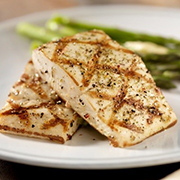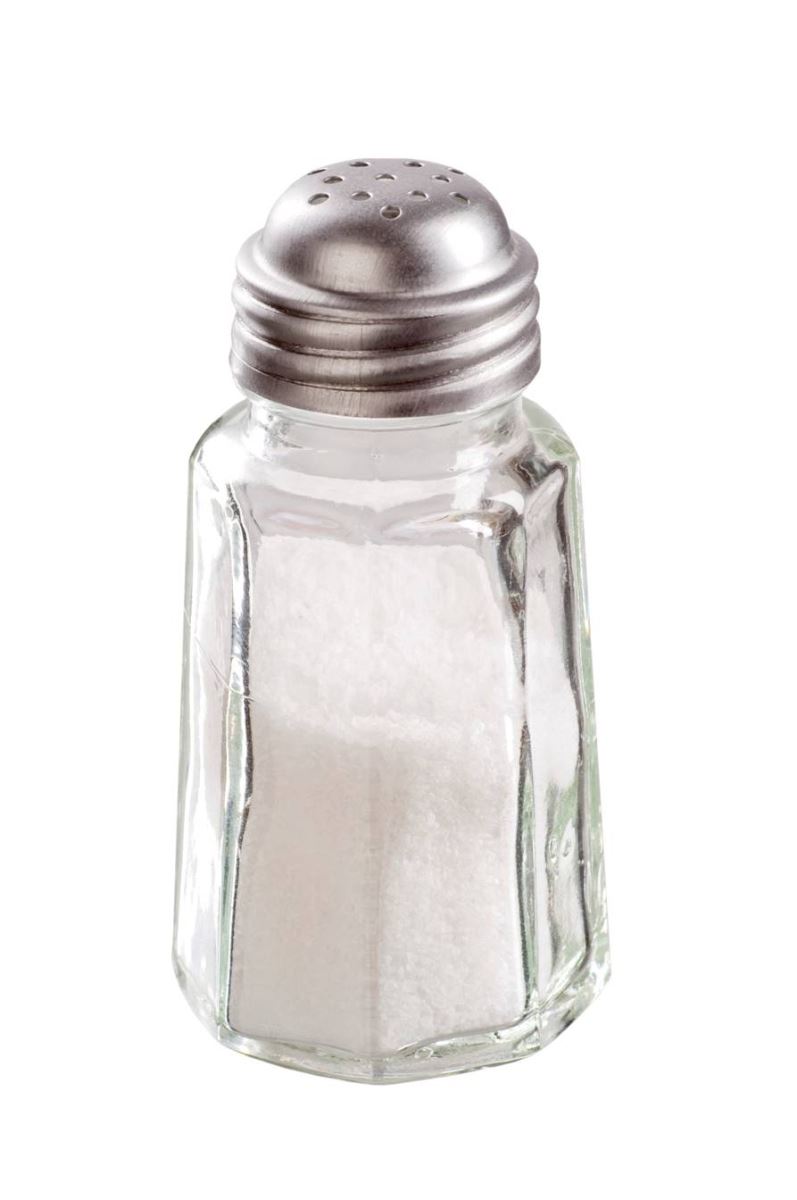Iodine is a mineral that our bodies need to make thyroid hormones. These hormones control metabolism, which is the process of turning food into energy.
Our bodies also need iodine for brain and bone development, so infants and women who are pregnant should make sure to get enough iodine. But how much? And what foods contain iodine? We answer these and other commonly asked questions below.
Q. How much iodine do I need?
A. The amount of iodine you need depends mainly on your age. Most adults, for example, need 150 micrograms (mcg) of iodine a day, but if you are pregnant or breastfeeding, you need more. Infants and children need 90–150 mcg a day, depending on age. Our iodine fact sheet has a handy chart listing how much iodine people need each day.

Q. What foods contain iodine?
A. Iodine is present mainly in fish and other seafood, dairy products (such as milk, yogurt, and cheese), and iodized salt. For example, a 3-ounce serving of baked cod has about 160 mcg of iodine and 1 cup of Greek yogurt contains about 115 mcg. Seaweed is also high in iodine and eggs have some as well.
Food labels are not required to list iodine unless iodine has been added to the food. Therefore, you can’t rely on food labels to learn if a product naturally contains iodine and if so, how much. Our iodine fact sheet lists the amount of iodine in many foods.

Q. I am pregnant and follow a vegan diet. Because iodine is present mainly in animal products, how can I get enough?
A. Women who are pregnant need 220 mcg of iodine a day. Most fruits, vegetables, and other plant foods contain very little iodine (usually less than about 7 mcg per serving). So, if you follow a vegan diet or eat few or no dairy products, seaweed, seafood, or eggs, you might not get enough iodine. Also, if you don’t use iodized salt, your iodine intake might be low.
Getting too little iodine could affect your baby’s development. Because of this, the American Thyroid Association recommends a daily supplement containing 150 mcg of iodine for pregnant and breastfeeding women. Many standard multivitamin/mineral supplements contain iodine, but only about half of prenatal supplements contain iodine. Talk with your healthcare provider to determine what’s right for you.
Our iodine fact sheet has more information about the importance of iodine during pregnancy and infancy.

Q. Does all salt contain iodine? What about sea salt?
A. Only salt that is labeled as “iodized” contains iodine. Specialty salts such as sea salt, kosher salt, Himalayan salt, and fleur de sel usually contain little or no iodine. For comparison, 1/4 teaspoon of iodized salt contains about 75 mcg of iodine, whereas the same amount of non-iodized sea salt contains less than 1 mcg.
Check product labels to see if the salt is iodized or provides iodine (usually listed as “iodide”). But keep in mind that the iodine in salt decreases over time, especially if the salt is stored in a warm, humid location. Because of this, keep your iodized salt in a cool, dry location and purchase a new container occasionally, like at the start of each new year.
Processed foods such as canned soups are rarely made with iodized salt, so even if these foods contain salt, the salt likely doesn’t supply any iodine. If the manufacturer does use iodized salt, the salt will be listed as iodized in the ingredient list on the food label.
For more information about iodine, including the health problems that can occur if you get too little or too much, see our iodine fact sheet and talk with your healthcare provider for specific advice.